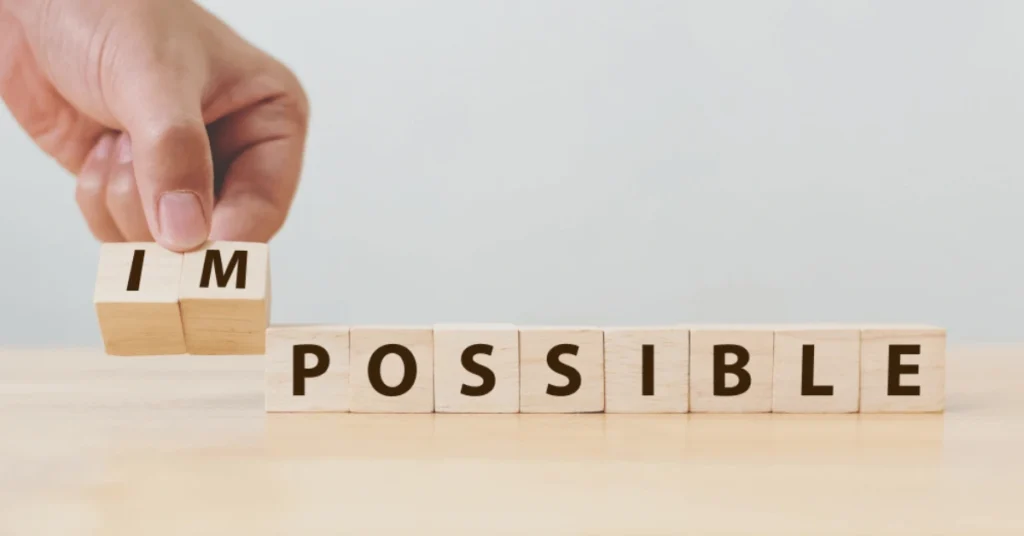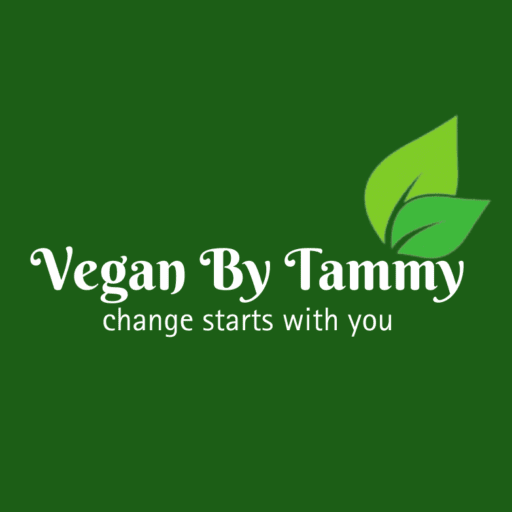Beginner's Guide To Veganism » How To Go Vegan
I’m very happy to share it with you today, but before we begin there are a few important things that I need to mention. I am in no way pressuring you or forcing you to become a vegan. That’s just not my philosophy. You should always do what feels right to you and let others do the same. And if you have no interest in adopting a vegan lifestyle, you certainly don’t need to in order to still enjoy this blog and the tips that I share Including more plant-based foods into your diet is a win all around. If you’re somebody who has a medical condition, you’re immune compromised, or you are feeding young children I would recommend seeing a physician or a dietitian before you begin, that way you’ve just got your basis covered. Now let’s get started.
Mindset

Forget the misconceptions about vegan food – it’s far from bland and costly. Going vegan doesn’t have to be daunting; it’s a nourishing, delicious, and wholesome journey. It’s a two-way love affair with food that only gets better with practice. As you go along, you’ll discover budget-friendly shopping options and whip up meals quicker than you expect. So, let go of preconceived notions and embrace veganism with an open mind.
It’s important not to feel pressured to become a zero-waste, minimalist, gluten-free, sugar-free, oil-free, and fitness-focused expert overnight. Your journey into veganism can evolve over time. You can explore these lifestyle practices if they align with your values later on. Attempting too much too soon leads to overwhelm. Take it slow, stay mindful, and choose your path intentionally.
Time

Like I said everything we do is harder and requires more of our time in the beginning. So intentionally schedule some extra time when it comes to preparing meals at least for the first few weeks. You’ll get faster. Don’t worry.
Pantry Essentials

The lifestyle change becomes complicated when you lack the essential ingredients to work with. So, begin by stocking up on pantry essentials. There’s no need to go to extremes and deprive yourself of treat foods. Veganism can be just as enjoyable; I personally love having dark chocolate at home. A whole foods plant-based lifestyle primarily consists of healthy choices, so don’t be too hard on yourself for occasionally indulging in treats like homemade vegan banana bread, cookies, or muffins.
In addition to the pantry essentials, make sure you have fresh produce, bread, and plant-based meat alternatives in stock. I’ve already created a comprehensive shopping list of vegan essentials to help you get started.
Eat In Abundance

Veganism is not about deprivation; it’s a lifestyle of abundance. Often, when people contemplate veganism, they fixate on what they can’t have, like beef, chicken, fish, cheese, yogurt, butter, ice cream, and milk. However, the key is to shift your mindset toward all the new foods you can enjoy. Embrace a variety of plant-based dairy alternatives, including soy, almond, rice, or coconut milks and yogurts. Incorporate more whole grains, fruits, vegetables, nuts, seeds, trail mix, beans, lentils, and tofu into your diet. These additions will naturally replace animal products.
For newcomers to veganism, consider utilizing mock meats or textured vegetable proteins, readily available at most large chain grocery stores. These substitutes, like mock meatballs, mock ground beef, and mock chicken, can be instrumental in your transition. If you’re unfamiliar with tofu preparation, many stores offer pre-seasoned tofu options.
As you progress in your vegan journey, you can gradually substitute more wholesome plant-based protein sources, such as homemade tofu, tempeh, lentils, and beans. In the beginning, make the most of the resources available to you and take advantage of mock meats and other convenient options.
Start Slow
When incorporating beans and lentils as your primary sources of plant-based protein and carbs, it’s crucial to start gradually. Many individuals make the mistake of going from consuming none to having a whole cup or more in a single day, only to be surprised by digestive issues like indigestion and gas. It’s important to remember that our bodies need time to adjust. Start with as little as two tablespoons a day and then gradually increase your intake. Progress from a quarter of a cup to half a cup, and eventually, you can consume as much as you desire. This gradual approach can significantly reduce the occurrence of gas and bloating.
Learn Vegan Recipes

I understand that starting out can be overwhelming, especially if you’re unsure about what to cook. Begin by mastering a few recipes that you genuinely enjoy, and become skilled at preparing them. These will be your go-to dishes as you gain confidence in this lifestyle.
As you pick up momentum, you’ll find an abundance of plant-based recipes online. Platforms like Pinterest and YouTube offer thousands of delicious options. A simple search for “vegan recipes” will provide you with more choices than you can imagine. If that still feels like too much work, you can visit the VeganByTammy Pinterest page, which has boards already created and organized for you, featuring categories like breakfast, smoothies, drinks, snacks, main meals, and more. This simplifies your recipe discovery process.
Feeling Hungry

It’s common to experience increased hunger when you’ve recently transitioned to a plant-based diet. Keep in mind that plant-based foods provide fewer calories for more volume. Fruits, vegetables, and legumes can’t match the calorie density of fatty meats, butter, cheese, or ice cream. If you’ve had a full meal and still feel hungry an hour later, honor your hunger and have some more food if you believe it will help. It may take some time for your body to adjust, but trust that it will find its own balance soon.
Why?

I emphasize this often because it’s a powerful tool: your “why” power. Why do you want to embrace a plant-based lifestyle? Is it for your health, the environment, or the animals? Be specific and write it down. By regularly seeing and reminding yourself of your “why,” you’re more likely to stay committed.
Moreover, it helps shift your focus away from the perceived losses, such as giving up chicken. Instead, it directs your attention to the gains—improved health, a lighter environmental footprint, and the peace of mind of knowing that no animal had to suffer for your meal.
Regardless of your reason, there’s no judgment. The crucial question to ask yourself is “why,” as it enables you to redirect your focus from what you think you’re losing to what you are genuinely gaining.
Don't Sweat It
So you messed up? Don’t get upset. No need to stress. Just do what feels reasonable to you. While there are inspiring stories of people going vegan overnight, we often envy them. In reality, the journey into veganism is more of a zigzag than a straight line. Consider this: you’re rewriting years or even decades of dietary teachings and reconfiguring lifelong habits. It’s natural for the boat to rock a few times. If you stumble, turn it into a dance and keep smiling. In other words, if you slip up, it’s perfectly fine. Keep moving forward, onwards and upwards.
Supplements

Yes, a vitamin B12 supplement is advised, and the frequency depends on the dosage. Additionally, if you live in an area with limited sun exposure or use sunscreen regularly, a vitamin D supplement is also recommended. This advice applies to everyone, not just vegans.
Compassion
Veganism extends beyond compassion for animals, the environment, and personal health. It also means broadening your circle of compassion to include friends, family, acquaintances, and even strangers. Unfortunately, in the world of plant-based nutrition, there can be a fair amount of criticism and judgment regarding others’ choices. You might have encountered comments like, “If you eat fish, you’re not a real vegetarian,” or “If you have honey, you can’t call yourself a vegan.” While strict guidelines may support such statements, I suggest dropping those rigid standards and simply doing your best.
Having plant-based foods most of the time is a significant step forward compared to not at all. If you’re already following a plant-based lifestyle, I encourage you to share the message with love, answer questions openly and honestly, and refrain from judging or criticizing others’ choices. Lead by example, and if they feel inspired, they are more likely to join in, as opposed to feeling pressured or inadequate in some way.
Bonus
So those were the top nine tips for anyone transitioning to a more plant-based lifestyle. As a bonus tip, consider getting blood work done before you start and again six to twelve months down the road. While this step isn’t mandatory, it can boost your confidence and reassure both you and your loved ones that your health is on the right track.
In many cases, the lab work will indicate no issues, or it may even show improvements in values like cholesterol, which is a common reason people choose this lifestyle. On the other hand, it might reveal signs of deficiency. This is perfectly okay and part of the learning process. It might mean you need to incorporate certain food items that you overlooked.
If you choose not to do this, that’s fine too. When done correctly, a whole food plant-based diet should not lead to deficiencies.
That’s it for today! I hope you enjoyed this blog, and if you did, it would mean the world to me. Thanks for tuning in! See you soon.








